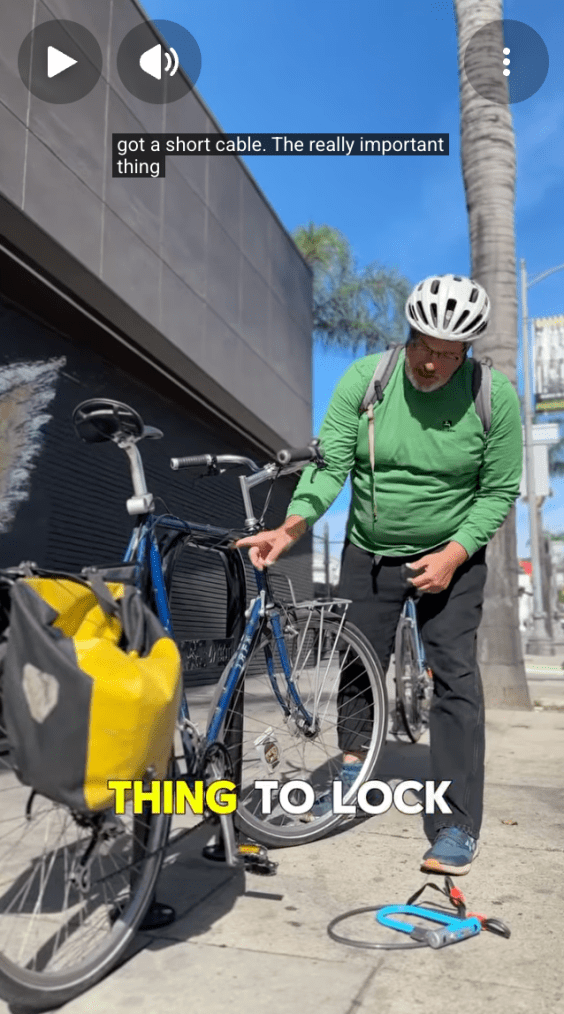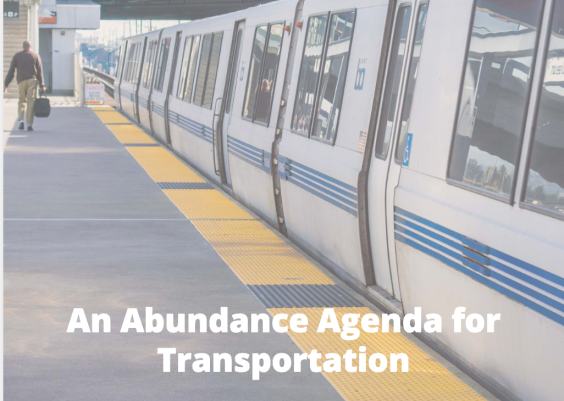 The intersection of Market and Octavia -- one of the most dangerous in San Francisco for cyclists. Flickr photo: sfbike
The intersection of Market and Octavia -- one of the most dangerous in San Francisco for cyclists. Flickr photo: sfbikeSafe streets advocates often ruefully say, "if you want to kill someone and get away with it, do it in a car." In fact, unless alcohol is involved, very few motorists who kill vulnerable road users -- like pedestrians and cyclists -- are charged with a crime, even when they break traffic laws in the process.
Even the word "accident" drives traffic justice advocates to distraction, since it implies a lack of agency, as though drivers who fail to yield to pedestrians in crosswalks and mow them down aren't culpable for their actions.
Despite the fact that more people in America die from car crashes than
from handguns, few policy makers or law enforcement officials are willing to equate the danger of car death with gun death.
Now, that hesitance has stalled a bill that could make California's streets safer.
In an attempt to deter dangerous driving, California Assembly Bill 1951, introduced by San Francisco
Assemblymember Tom Ammiano, would significantly bolster penalties for dangerous driving and would give district attorneys greater discretion in pursuing traffic justice cases. Currently, unsafe operation of a motor vehicle carries a fine of $70 if it results in bodily injury, and $95 for "great bodily injury."
Under Ammiano's bill, DAs could charge unsafe driving as either an infraction or a misdemeanor for bodily or great bodily injury and could seek "imprisonment in a county jail for not less than 5 days and not more than 90 days, or by a fine of not less than $145 and not more than $1,000, or by both a fine and imprisonment."
But Ammiano couldn't get the bill out of committee yesterday, where, perhaps ironically, the California District Attorneys Association (CDAA) voiced its opposition. That gave committee members an easy out, said the bill's supporters.
Ammiano's spokesperson Quintin Mecke said opposition from the CDAA was disappointing, particularly because the bill doesn't mandate penalties but would have given DAs more leverage in cases where they felt drivers were dangerous. He also contended that the CDAA's position didn't reflect the stance of many individual DAs, especially in cities, where there are proportionally more pedestrians and cyclists.
"I bet if we went around to county DAs, we'd find support from a lot of them," said Mecke. "The disconnect is with the lobbying arm."
Mecke said Ammiano's office was committed to pushing forward and organizing support among lawmakers and law enforcement officials around the danger of unsafe driving. According to Mecke, committee members said they were hesitant to
criminalize driving, and one member of the committee said about collisions, "Well, isn't
that why we have insurance?"
"We need to move beyond this notion that 'accidents' are a neutral value occurrence," said Mecke. "That is such an ingrained notion"
Bicycle groups had pushed hard for the legislation, arguing that other potentially dangerous activities tend to come with greater expectations of caution.
"When you put the key in the ignition, you accept a lot of responsibility to make sure this two-ton vehicle doesn't hurt someone," said California Bicycle Coalition spokesperson Jim Brown. "If you're picking up your registered, loaded handgun, you know that you have the responsibility to protect the public."
Corrinne Winter, Executive Director of the Silicon Valley Bicycle Coalition, said the bill would be a step in the right right direction for road safety. "Motor vehicle crashes kill more than 40,000 people and injure several million in the United States each year -- this is a social problem of epidemic proportions," she said.
A study [PDF]
by the San Francisco Injury Center for Research and Prevention at SF
General Hospital found that injuries are costly, too. Between 2004 and
2008, pedestrian injuries in San Francisco cost a total of $74.3
million. Less than a quarter of that cost was covered by private
insurers; the rest fell on public funding and patients themselves. In one
case, an uninsured patient was billed $505,952.
Market and Octavia Stoplight Camera Bill May Have Brighter Prospects
Another road safety bill, California Assembly Bill 2729, which would allow San Francisco to install traffic enforcement cameras at the intersection of Market Street and Octavia Boulevard, appears to have stronger support in the Assembly.
Traffic enforcement cameras are generally restricted to red-light violations in California, but Ammiano introduced AB 2729 to create an exception for Market and Octavia, where illegal right turns from Market onto the US-101 on-ramp have created hazardous conditions for cyclists.
The bill made it through committee on a 10-2 vote with bipartisan support. That should bode well for its success in the full Assembly, said Mecke. "Given that [San Francisco Assemblymember Fiona] Ma is a co-sponsor, we think it will pass Assembly," he said.
As for the Senate, Mecke is confident in the bill's chances. Senator Leland Yee, who previously opposed a similar bill, appears to be more open to the bill this time. "We've had conversations with Senator Yee and we think there is a good chance in the Senate," said Mecke.
While some state lawmakers have been hesitant to legislate about a specific intersection, Marc Caswell of the San Francisco Bicycle Coalition, said Market at Octavia is clearly a special case.
"The argument we made was that this intersection is extremely unique, an interstate on-ramp meeting with a city arterial," he said. "It's not easy to make a right at this intersection. Those turning right here are doing so knowing that they are putting pedestrians and cyclists at risk."





